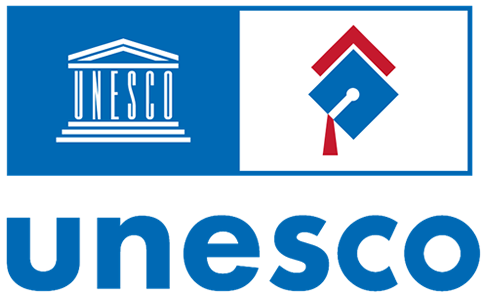Online sexual harassment, another form of gender violence in ecuadorian universities in postcovid 2020-2023: a pending priority
Abstract
Online sexual harassment is nowadays a serious problem connected to the digital era at Ecuadorian universities and constitutes another form of gender violence. The study shows that sexual harassment as a form of gender violence has a high prevalence within university communities. On the other hand, it can inferred that online sexual harassment, despite being a new and increasing type of gender violence at universities, lacks studies regarding its extent and the multiple impacts it brings to the lives of those who experience it. This work seeks to be a contribution to the discussion on online sexual harassment understood as a pending duty, both at research and normative-production levels. Due to the lack of research on the matter, the present work employs documentary information (secondary sources). Hence, the necessity to point new ways to research lines on this matter within Ecuador higher education system, by updating the legal framework that governs it, and by bringing universities’ internal regulations up to date to implement policies and strategies on the prevention and eradication of such offenses.
Copyright (c) 2023 Catalina Vélez Verdugo

This work is licensed under a Creative Commons Attribution-NonCommercial 4.0 International License.
Copyright notice
Copyright allows the protection of original material, and curbs the use of others' work without permission. UNESCO IESALC adheres to Creative Commons licenses in the open access publication of ESS. Specifically, texts published in this journal are subject to a Creative Commons Attribution-NonCommercial 4.0 International (CC BY-NC 4.0) license: ESS is an open access journal, which means that all content is freely available to the user or their institution. Users may read, download, copy, distribute, print, search or link to the full text of the articles, or use them for any other lawful purpose, without asking prior permission from the publisher or the author, always making sure to cite the author. Commercial use is not permitted. ESS requires authors to accept the Copyright Notice as part of the submission process. Authors retain all rights.
The full license can be found at https://creativecommons.org/licenses/by-nc/4.0/
 Attribution - NonCommercial (CC BY-NC 4.0)
Attribution - NonCommercial (CC BY-NC 4.0)
This journal does not charge authors for the submission or processing of articles. The authors of the contributions will receive acknowledgment of receipt that the work has reached the Editorial Team of the Journal.




.png)
